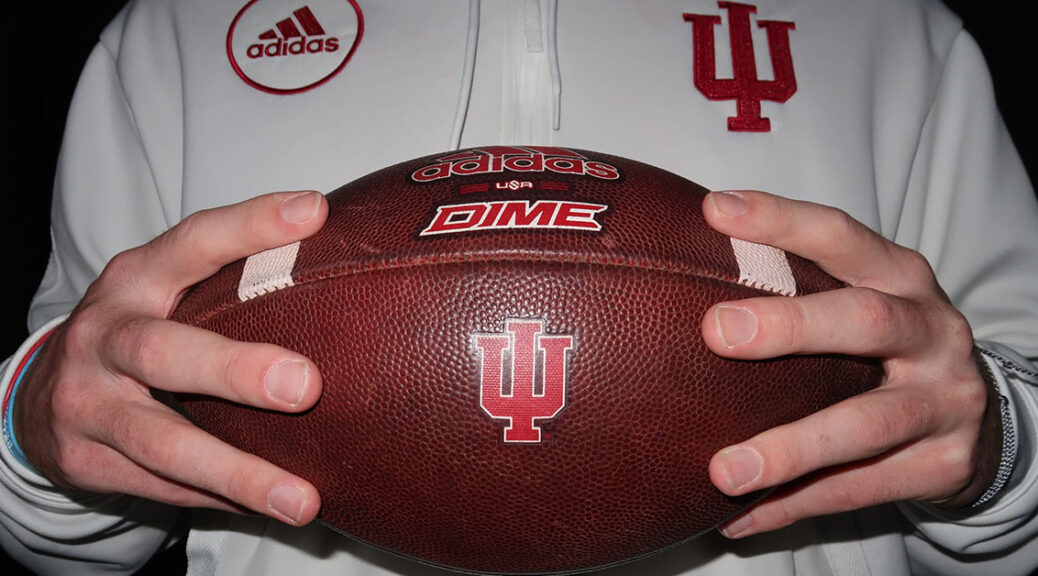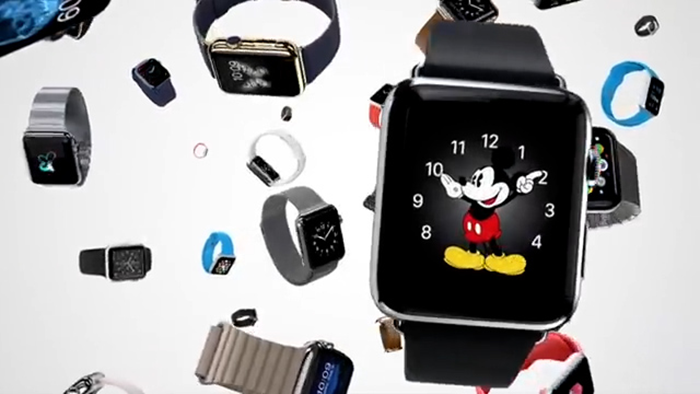DOES NIL NEGATIVELY AFFECT COLLEGE ATHLETES MOTIVATION?
By Kol Popkin, Carter Moran and Erika Watt
BLOOMINGTON, Ind. (Nov. 5, 2024)
Kai Connor massages his temples as he looks over the list of multiple colleges that have reached out to him for the third time. The countless years of memories on track teams throughout his life playing in his head. Alabama, IU, Purdue, Columbia, and more had invited him for unofficial visits offering him differing athletic scholarships and promises. Ideas of money, publicity, and deals swarmed his mind, the dim lighting of his room starting a slight headache. Connor knew prospects of making money off of himself in college could be a genuine factor in picking his future.
His fingers tapping the desk as he took in every coach and teammate’s opinion that’s been said to him. Through all the confusion of the picking and choosing recruitment process, the only thing that provided clarity was remembering his love for running. The dedication and passion he’d put in to get where he is today further leading his motivation to continue past high school. With his competitive nature and love for track, he finally knew what college he wanted to pick and why.
In 2021, the NCAA changed its rules to allow college athletes to profit from their name, image, and likeness. Taking away these restrictions after so many years of them being in place left many athletes and professionals in the field questioning whether this will change the motivation of athletes. Will effort levels decrease or increase if the ability to make money is available to them? Are athletes performing for the wrong reasons? We talked to multiple athletic experts on their understanding and thoughts on this.

Junior track and cross country runner at University of Alabama, Kai Connor, shared his own NIL experience and gave us his take on how making money affects college athletes. He has had involvement in deals with brands such as Reebok, CVS, and HeyDude. With the many opinions surrounding enjoyment, motivation, and pressure with NIL, we asked him how he thinks deals have affected the way athletes enjoy they’re sport. Connor said, “Not too many downsides when it comes to making money because that’s how it always should’ve been. You always should’ve been able to promote yourself on your own and reach out to companies. In sports you can only have a certain amount of scholarships, but now with NIL you can put more kids on full scholarships which is helpful. Taking away financial stress definitely increases being able to enjoy your sport.” While it could be believed that having the ability to make money at a younger age would add more pressure, Connor highlights how helpful NIL can be with financial burdens for college students. The recruitment process is also very controversial given schools that can offer more money would get the best players. However, players’ reasoning for picking colleges and motivation for their sport cab be a lot more complex than that. We see that in Connor’s situation. Knowing Alabama just finished 4th in the nation last year in track and is a top 10 program in cross country, Connor came to be pushed athletically. He said, “I wanted to be challenged, you know I didn’t want to be like the best guy coming in. It definitely makes you compete harder.” He further points out that his reasoning for picking such a competitive program was related to passion and work.

As well as track, NIL deals are very popular in football. We interviewed IU Bloomington’s backup quarterback Tyler Cherry. He described how since he’s only a freshman, his personal experience is limited. However, he still has a lot to say around the controversy of college athletes making additional money. When asked if he thinks NIL deals will impact the future of college athletics he said, “I think NIL deals are the entire future of college athletics. I think that’ll affect a lot of recruiting situations if the schools are close, like whoever offers more money might end up getting the recruit to come to their school.” Cherry believes, like many others do, starting to make money at that age will affect the process surrounding applying and choosing schools for high school seniors. However, his beliefs for college athletes such as himself differ. While he believes NIL has completely changed the game of football, when he was asked if he feels NIL opportunities have affected his motivation to compete he said no. “I approach it the same, just want to do my best and if you’re playing good you can get some opportunities. I think some athletes may be more focused on NIL, but it doesn’t really affect the way you train. Like in high school, it’s just football that you love to do and want to do. But in addition to that, you can make good money and get opportunities off the field.” This simple statement describes how love for a sport can outweigh money-making aspects.

Many professionals working in the athletic area believe regardless of the motivation behind someone’s work, they have the right to be able to make money off of themselves. This is the case with Galen Clavio, professor at Indiana University and NIL expert. He said, “Everybody in this room as an adult has rights of publicity. You have the right to profit off of your name, what you look like, and how your likeness is utilized within any form of media or advertising or business.” It could be said that the age of college athletes is too immature to be able to make a certain amount of money. That they’re too impressionable and may prioritize the potential deals that could be made instead of their passion for the sport. However, does that make it okay for other people to decide if they can or can’t brand themselves? Clavio believes this is a right that already exists and is not granted, “This is not a case of new rights being granted to college athletes. It is instead the removal of restrictions that were being imposed by college athletic departments upon college athletes. Essentially telling those people you do not get the same rights as the other people that are college students.” Athletes like Tyler Cherry and Kai Connor uphold this notion that the passion for a sport exceeds the prospect of making money in college. This freshman football player and junior track competitor provide the same insights that getting deals is just an additional prospect to the hard work, dedication, and commitment put into college athletics. In addition to the fact that according to Clavio, this restricted right should be given regardless of the motivation. These professionals point to incentive and effort not being an issue within NIL.
Interviewees express their opinions on NIL. They explain why or why not they like NIL, along with how they think it affects a college athlete’s motivation for their sport.
###





